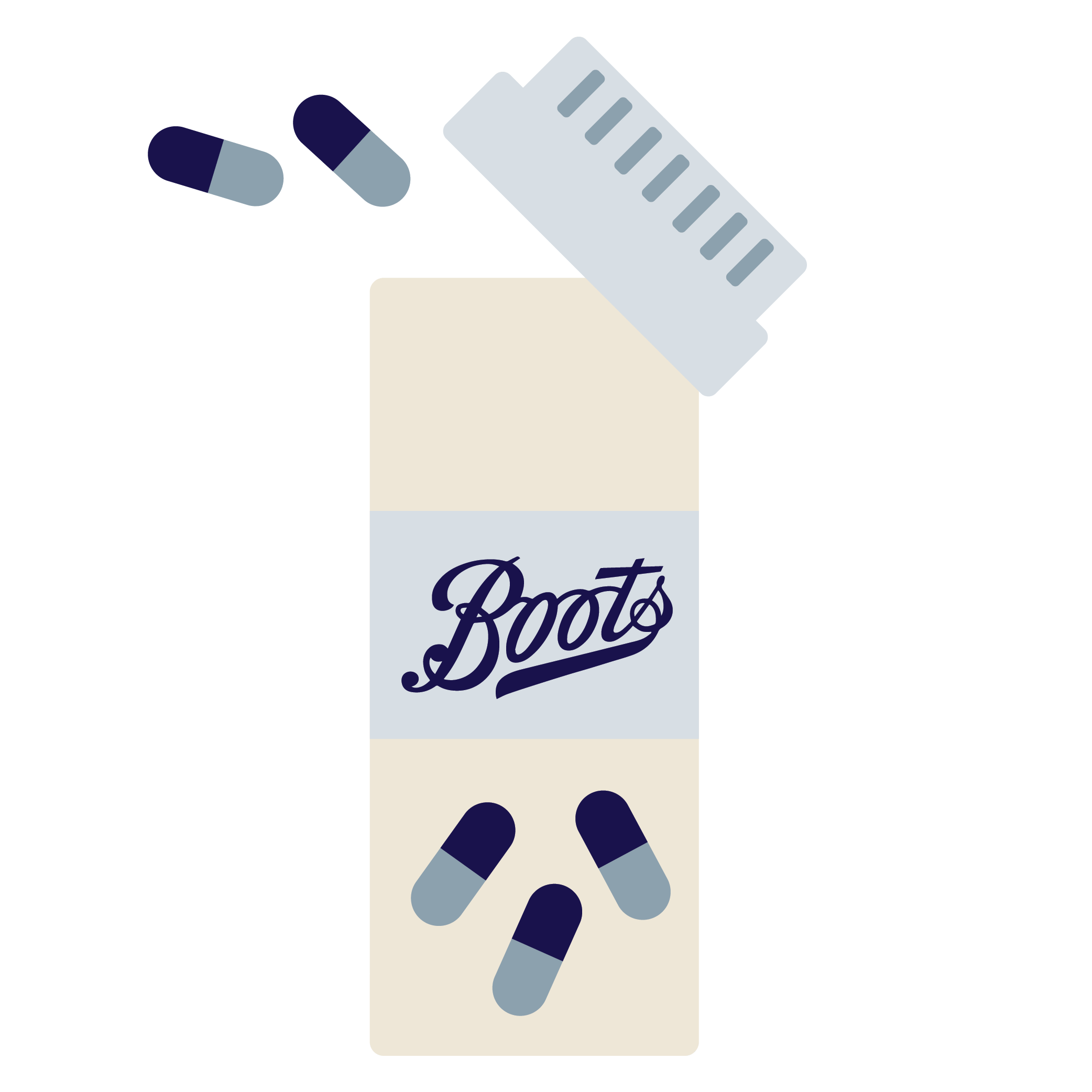
STOP SMOKING — WHAT YOU NEED TO KNOW
How giving up smoking will improve your health
Giving up smoking will help you live a longer, healthier life. Smoking is the leading cause of preventable
illness and premature death. It harms nearly every organ of your body. By quitting, you’ll reduce your chance
of getting lung cancer or having a heart attack. And there are many more physical benefits besides — from
healthier skin and teeth to higher energy levels.
We know that stopping smoking is a tough challenge, and can take some time. But achieving your goals can help
your mental health in the long run by reducing stress and anxiety.
Importantly, you’ll also be looking after the health of those around you, by keeping them free from second-hand smoke.

Tips to help you stop smoking
- Be realistic: set an achievable target for quitting, factoring in the length of your treatment if you’re taking any
- Avoid temptation: try to keep away from situations that you associate with smoking
- Tell others: let friends and colleagues know that you’re quitting
- Distract yourself: find an activity that stops you from thinking about cigarettes, like exercise or meditation.
- For more information visit the NHS website.
Get support
Quitting smoking isn’t easy, but you’ve made an amazing first step by seeking help. Firstly, be kind to yourself and try not to dwell on slip-ups; it’s really common to have false starts when you’re breaking a tough habit. The important thing is that you keep on trying.
Along with stop smoking treatment, professional support can really improve your chances of quitting for good. Talk to your local Boots pharmacist to find out what options are available for you. Or visit the NHS website.
Page last reviewed by: Dr. Christina Hennessey 21/09/2023

